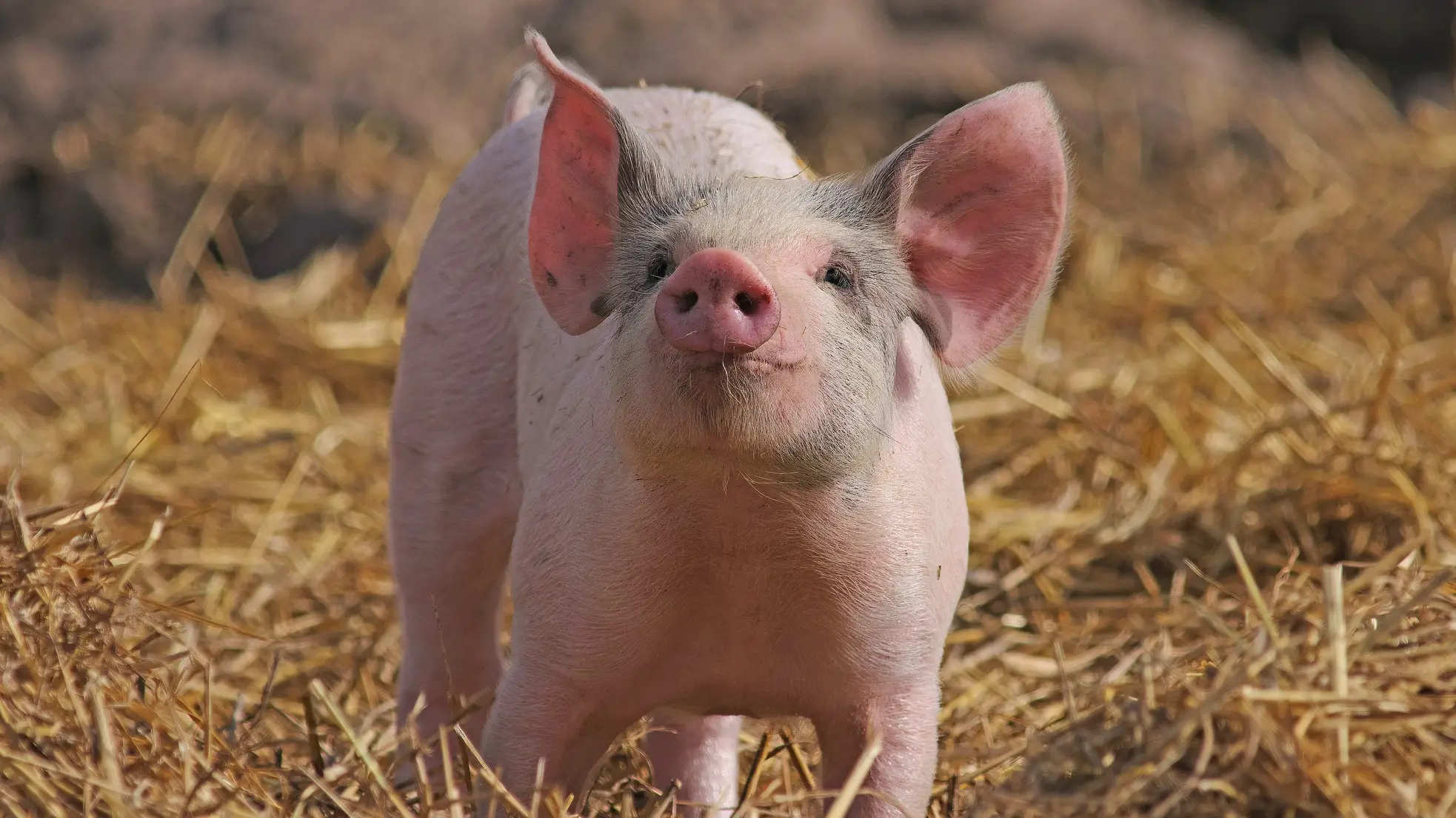
Scientists have successfully performed the world's first pig-to-human lung transplant in what could be a major breakthrough for humanity.
Science and technology are both rapidly evolving, but few people would have thought it was even possible to replace a human organ with a pig's.
Well, some clever clogs in China have managed just that, with the patient still breathing more than a week on from the operation.
Doctors are almost able to perform miracles these days, with a man in New York undergoing a face and double hand transplant after a horror car crash left him with horrific burns.
Advert
For those of you who aren't clued up on complex scientific procedures, the process of inserting another animal's organ into a human body is known as xenotransplantation.
While this has long been a good idea in theory, scientists have made real progress in recent years, with kidneys, hearts and livers all seen as feasible transplants from pigs to humans.
But now, a lung has been successfully transplanted for the first time, with researchers from the Guangzhou Medical University explaining exactly how they did it.

"Here, we report a case of pig-to-human lung xenotransplantation, in which a lung from a six-gene-edited pig was transplanted into a 39-year-old brain-dead male human recipient following a brain haemorrhage,” the researchers wrote in a study published in the journal Nature Medicine.
After editing some of the pig's genes to remove certain proteins, the lung was inserted into a patient who had been classified as brain-dead by four clinical assessments.
Drugs were administered to help the patient's immune system accept the foreign organ and it wasn't immediately rejected, and has now remained there for nine days.
“The lung xenograft maintained viability and functionality over the course of the 216 hours of the monitoring period, without signs of hyperacute rejection or infection,” the study noted.
However, there were some signs of damage after 24 hours, as well as signs of antibody-mediated rejection, which led to the termination of the trial after nine days.

“Antibody-mediated rejection appeared to contribute to xenograft damage on postoperative days three and six, with partial recovery by day nine,” they noted.
However, it remains a huge step forward and shows what can be achieved once final tweaks are made in the future.
"Although this study demonstrates the feasibility of pig-to-human lung xenotransplantation, substantial challenges relating to organ rejection and infection remain, and further preclinical studies are necessary before clinical translation of this procedure,” they wrote.
While transplants don't always have good outcomes, with one woman in the US losing her job after donating a kidney to her boss, this particular scientific breakthrough can only be good news for the thousands of people on transplant lists who are forced to wait years for an appropriate donor, while some sadly never get the chance to undergo a transplant.
Topics: Science, Technology, China
